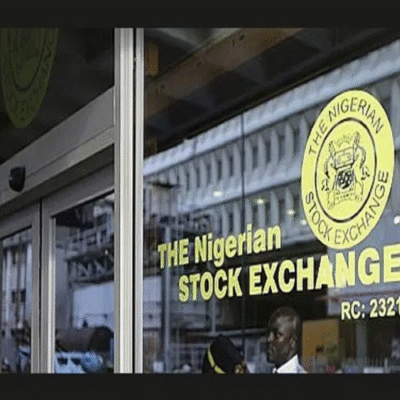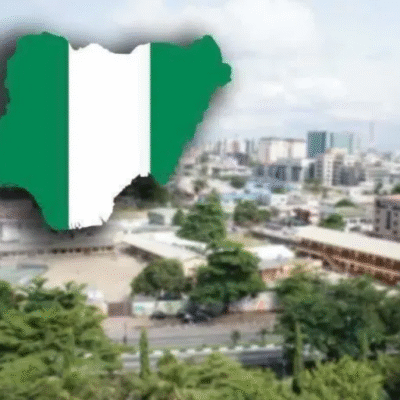
Abuja, Nigeria – In a major push to revitalize Nigeria’s industrial sector, the Federal Government has unveiled plans to establish world-class industrial hubs across four strategic states, targeting key manufacturing value chains and job creation.
Key Details of the Industrial Hub Initiative
📍 Selected States & Specializations
- Ogun State – Agro-processing & Light Manufacturing Hub
- Focus: Cassava, poultry, and textile production
- Infrastructure: 24/7 power supply, modern warehouses
- Anambra State – Automotive & Machinery Hub
- Focus: Vehicle assembly, spare parts manufacturing
- Incentives: Tax holidays for local component producers
- Kaduna State – Leather & Garment Hub
- Focus: Finished leather goods, footwear, and apparel
- Support: Training programs for 10,000 artisans
- Rivers State – Petrochemical & Gas-Based Industries
- Focus: Fertilizers, plastics, and industrial chemicals
- Advantage: Proximity to NLNG gas supply
🛠️ Core Infrastructure
✔ Power: Dedicated embedded generation plants (50MW each)
✔ Transport: Direct rail links to Apapa and Onne ports
✔ Funding: CBN’s ₦500 billion low-interest loan facility
Why This Matters
📈 Economic Diversification: Reducing oil dependency by boosting non-oil exports
👷 Job Creation: 250,000 direct jobs expected in first phase
🏭 Local Production: Curbing $14 billion annual import bill for manufactured goods
Government’s Strategic Vision
🗣️ Minister of Industry, Trade & Investment:
“These hubs will serve as growth poles to industrialize Nigeria. We’re adopting the Chinese special economic zone model but with Nigerian peculiarities.”
Private Sector Reactions
✅ Manufacturers Association of Nigeria (MAN):
“This addresses our long-standing demand for dedicated industrial infrastructure.”
⚠️ Lagos Chamber of Commerce Caution:
“Success depends on consistent power, security, and policy stability.”
Implementation Timeline
🟢 Q3 2024: Groundbreaking in Ogun & Kaduna
🟢 Q1 2025: Anambra & Rivers hubs commence
🟢 2026: Full operationalization
Challenges Ahead
🔴 Land Acquisition: Potential disputes with host communities
🔴 Investor Confidence: Need for stronger public-private partnerships
🔴 Security Concerns: Protection for industries in volatile regions
Global Parallels
🌍 Learning From:
- China’s Shenzhen SEZ model
- Ethiopia’s Hawassa Industrial Park success
#NigeriaIndustrialization #MadeInNigeria #EconomicDiversification
(Sources: Federal Ministry of Industry, MAN, State Governments)
Editor’s Note: Each hub will have a dedicated project monitoring team to ensure timely delivery. Manufacturers should engage state investment bureaus for partnership opportunities.
Next Steps:
- Stakeholder forums in each state
- Publication of eligibility criteria for investors
- Infrastructure ground-breaking ceremonies






